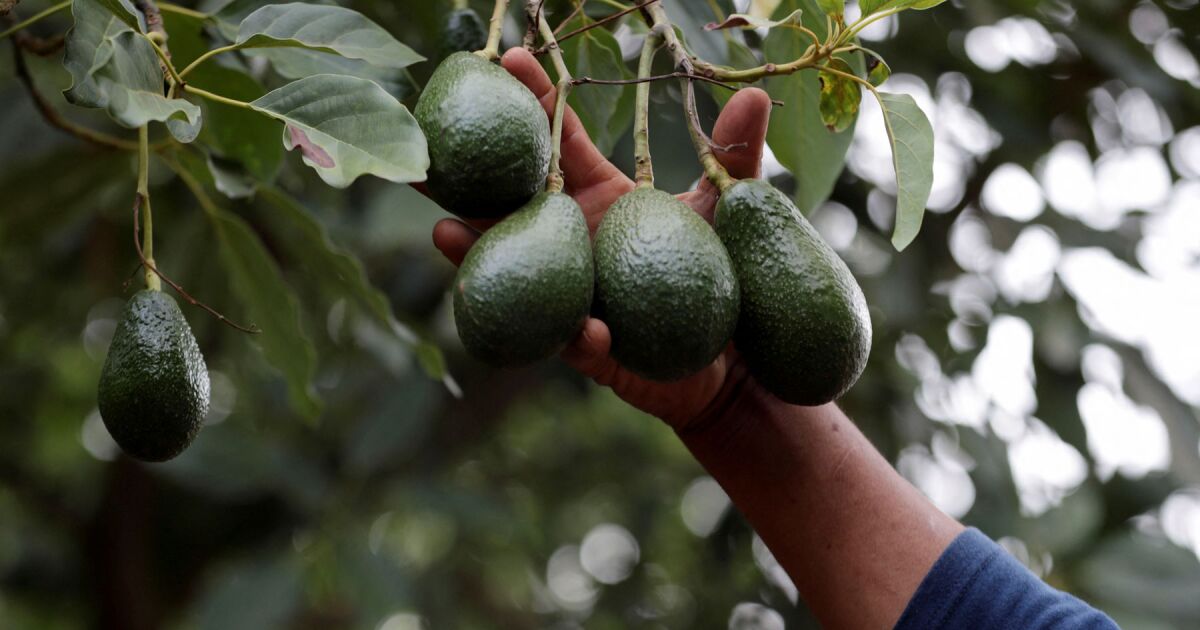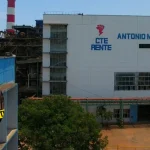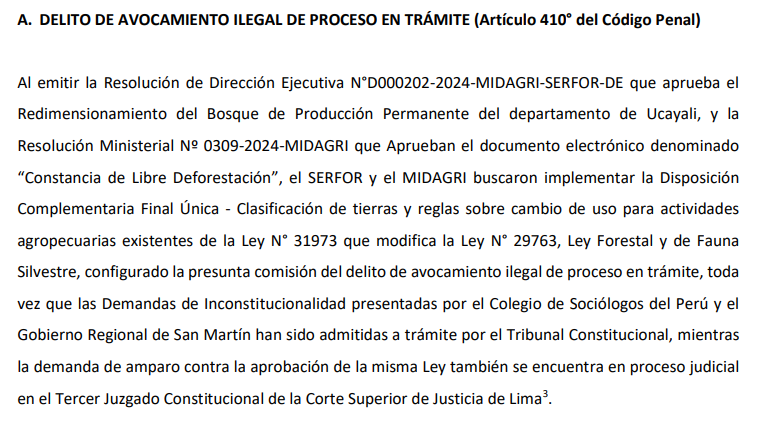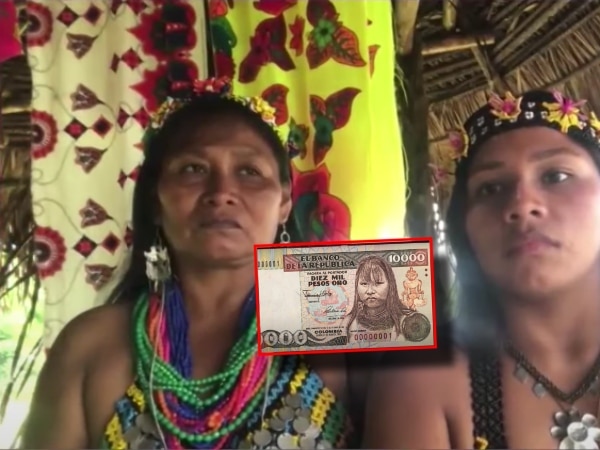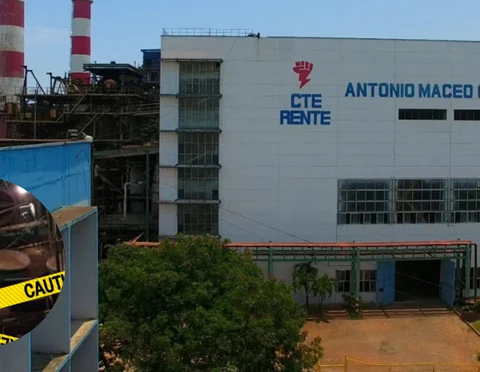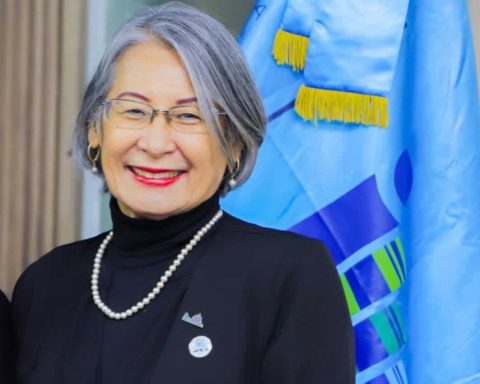“We look forward to seeing a rigorous implementation of this program,” Ambassador Ken Salazar said in a statement posted on his X account, referring to a plan recently approved by the government of Michoacán, a state in western Mexico that leads the country in avocado production and export.
Mexican avocado sales to the United States, which account for around 80% of total sales of the product abroad, have soared 48% since 2019, reaching a value of more than $3 billion last year.
In addition to criticism over the environmental impact of growing avocado production, insecurity and allegations of extortion by organized crime in Michoacán have also hit an increasingly important sector for Latin America’s second-largest economy.
In June, shipments of that product and mango from Michoacán to the United States were suspended for a few days after two U.S. government inspectors were detained on a highway in a confusing incident.
We are moving forward to ensure that avocados going to the United States do not come from illegal orchards to combat deforestation
👉 https://t.co/bg90bzSzaj pic.twitter.com/yXxpBtxBpa
— Ambassador Ken Salazar (@USAmbMex) September 20, 2024
